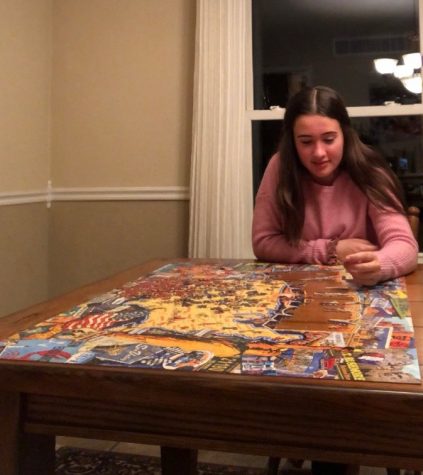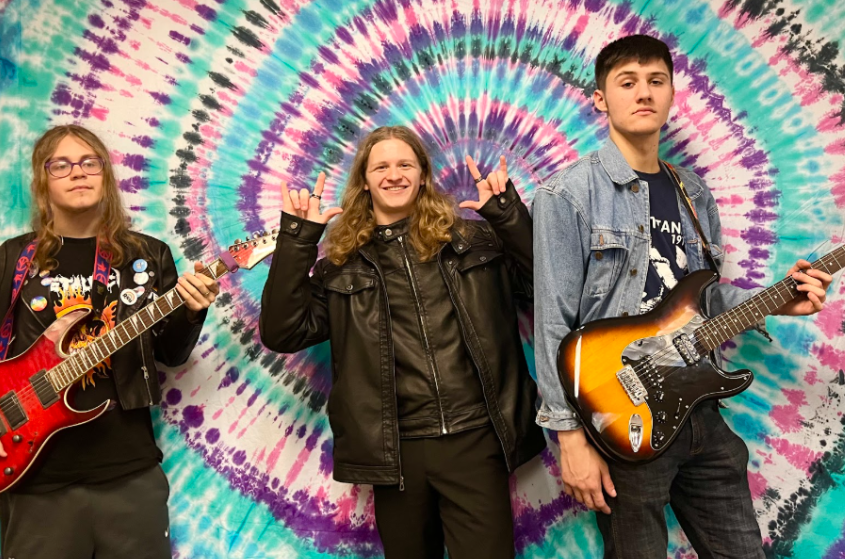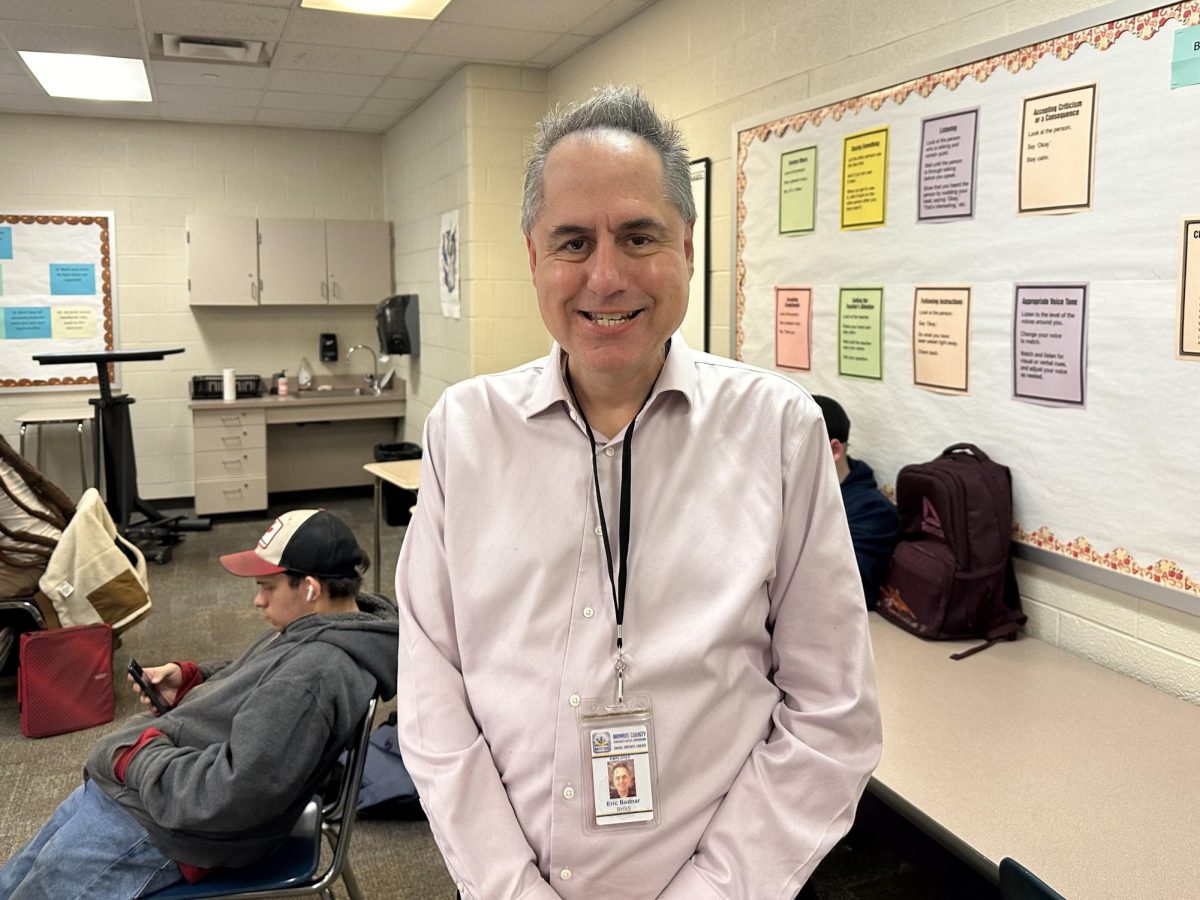Something as small as turning on the television right now can be an upsetting and anxiety-producing act as our news channels, and lives in general, fill with what seems to be an endless stream of bad news from across the globe. The coronavirus crisis has upended simple, everyday life for the entire world, and the same goes for our mental health.
Many people, especially those already struggling with their mental health, may find themselves overwhelmed and scared by what is going on in the world right now. It’s important to recognize and address these feelings and the effects they can have on our health. South senior Aftyn Cappy was “feeling a bit uneasy” about beginning E-learning and social isolation, like many of her South peers, but she has adjusted to the changes.
“Reading [news] from reliable sources has made me understand the circumstances better,” said Cappy.
Junior Lucia Walker agreed and said, “I have been trying to find the right balance of staying informed but not getting overwhelmed by the abundance of bad news we’re seeing.”
The same goes for social health. Getting to see your friends, or even just experiencing the general social interaction that students get by going about their normal lives is extremely important to mental health — studies have even shown that basic human touch is beneficial to the immune system and healthy stress responses. Practicing social distancing, while imperative to helping stop the spread, can be extremely hard.
“Humans are meant to be social creatures!” said Walker.
Thankfully, we are able to stay connected more than ever via social media, FaceTime/video calling, and instant messaging. Checking up on your friends right now can be good for both of you, and while it’s no sleepover, it’s the next best thing.
Aftyn Cappy agrees, and said, “I am calling my friends just about every day, so I am not entirely socially isolated.”
While this is an upsetting time, it has also been a time to reflect and pause for some students.
“My life has been very fast-paced, with many extracurriculars, for the past three and a half years,” said Cappy. “Having more time to focus on my art and other hobbies has been good for my mental health.”
It can be hard to feel motivated when working/studying from home, and it’s easy to spend the day doing nothing. Walker recommends finding ways to stay creative and busy at home.

“To combat feelings of frustration and sadness that seem somewhat inevitable in these times, I’ve been trying to look at this time as an opportunity to spend time with myself and do things I normally wouldn’t have time to.” Walker suggests puzzling, reading, cooking, making music and art, and spending time outside to keep yourself active.
For those struggling already with depression, anxiety, or other mental illnesses, it can be even harder to stay motivated and busy at home. Consider a therapy appointment via phone call — while most therapists have had to cancel in-person appointments, many are offering appointments over the phone or via video calling — check with your insurance provider to see if they offer coverage of “teletherapy”.
Staying connected via the wonderfully advanced technology of our time is a great resource we can use right now. If you are feeling overwhelmed or would like to speak to a professional about your emotions during this time, there are several hotlines available to contact. In Indiana, the KEY Organization Warmline, at 800-933-5397 (Mon – Fri, 8 – 4:30) is a non-crisis line where you can get help regarding mental health. You can also contact the SAMHSA Disaster Distress Helpline at (800) 985-5990 (open 24/7), a crisis hotline for people experiencing distress because of disasters, natural or man-made. For any more information, the National Alliance on Mental Illness (NAMI) Covid-19 Resource and Information Guide has further resources and answers to common questions about mental health and more during this time.
“We will get through this,” said Walker. Remember to stay healthy, stay home, and stay safe during this time.






